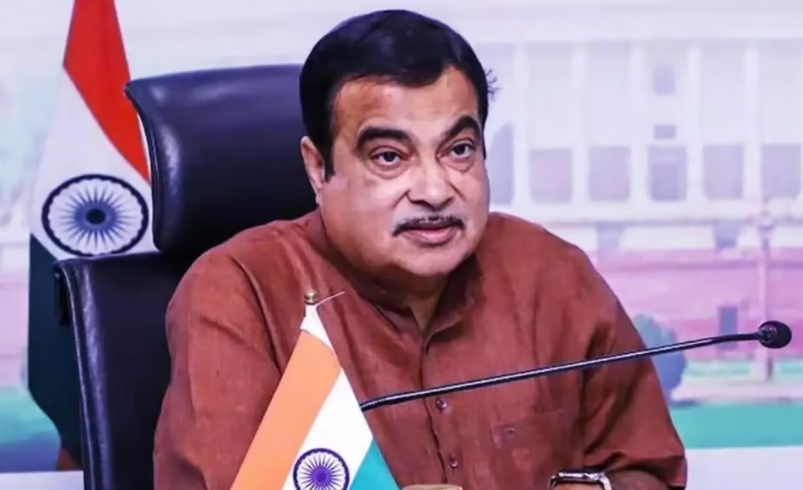Nitin Gadkari addresses ethanol row with strong defense of integrity
- September 14, 2025
- 0

Union Minister Nitin Gadkari has spoken out in response to criticism surrounding the ethanol program, emphasizing his personal integrity, independence, and long-standing commitment to improving the lives of farmers. His remarks came amid ongoing debate over the policy, which has drawn both support and skepticism from different quarters.
Addressing questions raised about the ethanol initiative, Gadkari firmly rejected any suggestion of personal gain. He stated that his work is not motivated by financial interests but by a deep sense of responsibility toward society. In a striking remark underscoring his confidence in his own credibility, he said that his brain alone was worth Rs 200 crore, pointing to the value of ideas and vision over material wealth.
Gadkari highlighted that his advocacy for ethanol production is rooted in a desire to support farmers. He pointed specifically to Vidarbha, a region that has faced severe agricultural distress and where farmer suicides have been a longstanding concern. According to him, promoting ethanol as an alternative fuel source can create new opportunities for farmers by diversifying their income streams and reducing dependence on traditional crops alone.
The ethanol program has been at the center of public discussion due to its economic and environmental implications. While proponents argue that it can reduce reliance on fossil fuels and provide a sustainable market for agricultural produce, critics have questioned its feasibility and raised concerns about potential conflicts of interest. Gadkari’s comments were aimed at dispelling doubts about his role in shaping or benefiting from these policies.
In his remarks, Gadkari stressed that he has maintained financial independence throughout his career and does not rely on political office for personal enrichment. By asserting this position publicly, he sought to reassure both supporters and critics that his policy advocacy is guided by principles rather than profit motives. His emphasis on transparency reflects an effort to maintain public trust while navigating contentious debates around energy reform.
Beyond individual controversies, the ethanol program represents a significant shift in India’s approach to energy and agriculture. By encouraging biofuel production from crops such as sugarcane and maize, the initiative aims to reduce oil imports while simultaneously creating new markets for farmers. Gadkari’s defense of the policy underscores its potential role in addressing both environmental challenges and rural economic distress.
In conclusion, Nitin Gadkari’s response to criticism over the ethanol program was both personal and political—asserting his integrity while reaffirming his commitment to farmer welfare. By linking the policy directly to solutions for agricultural hardship in regions like Vidarbha, he positioned himself as an advocate for sustainable development rather than private gain. The debate over ethanol will likely continue, but Gadkari’s remarks highlight how deeply intertwined energy policy is with questions of trust, transparency, and rural livelihoods in India.